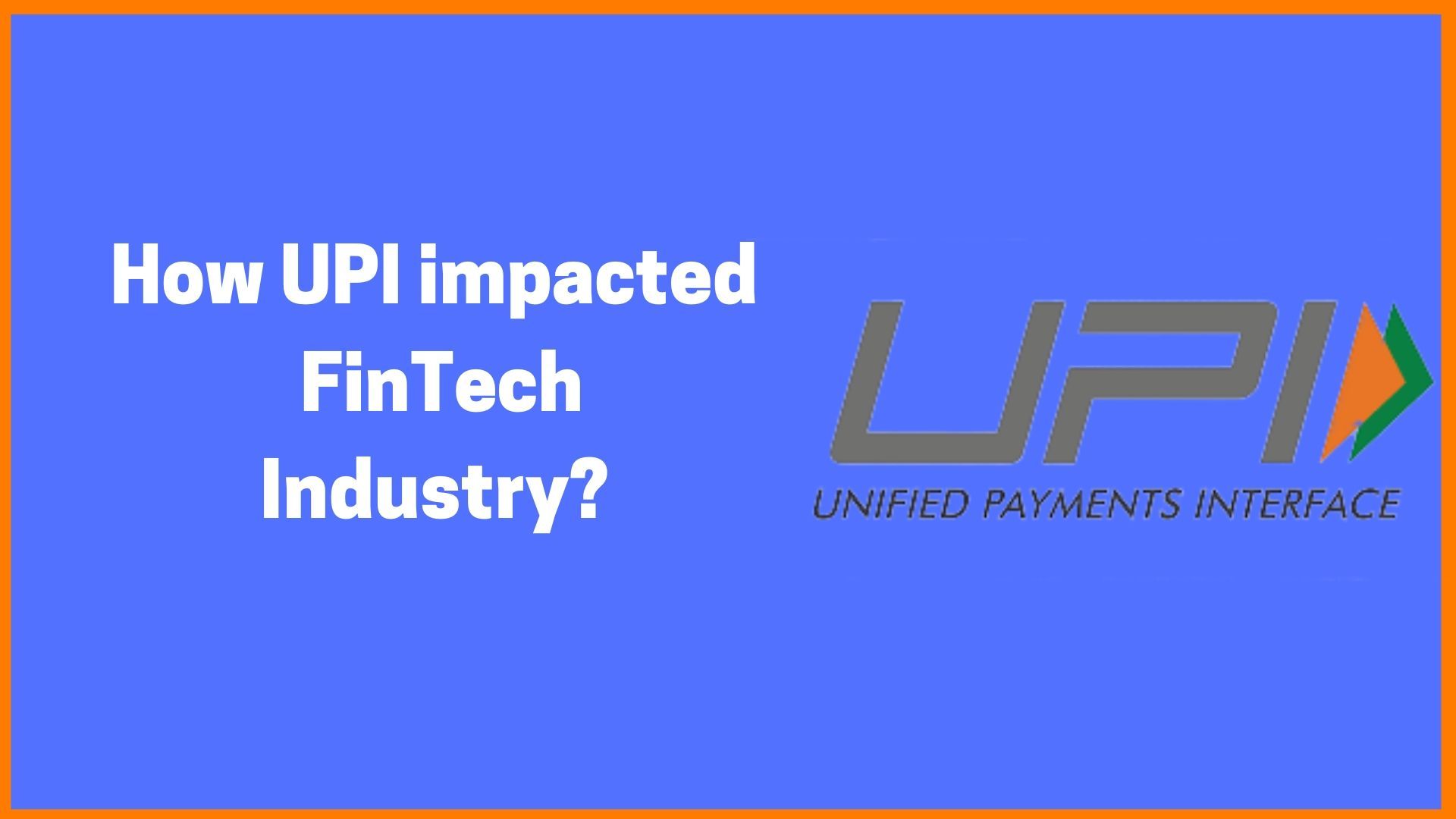Company Profile is an initiative by StartupTalky to publish verified information on different startups and organizations. The content in this post has been approved by Ezetap.
With mobile phones and applications changing the digital landscape, businesses have acknowledged the need for a shift in how they serve their consumers. Mobile point of sale programs, also known as mPOS apps, are becoming increasingly popular, according to industry estimates. Because of technological advancements in Bluetooth and Wi-Fi connectivity, mPOS adoption has been extremely successful all over the world including India. Bangalore-based startup Ezetap is a major mPOS solution provider in India. Here is more about Ezetap, the startup’s journey, and its functions.
Ezetap – Company Highlights
| Startup Name | Ezetap Mobile Solutions Private Limited |
|---|---|
| Headquarters | Bangalore, Karnataka, India |
| Industry | Financial Services, Software, FinTech, Point of Sale, Mobile Payments |
| Founders | Abhijit Bose, and Bhaktha Keshavachar |
| Founded | 2011 |
| Current CEO | Byas Nambisan |
| Website | www.corp.ezetap.com |
Ezetap – Latest News
What is Ezetap?
Ezetap – Name, Logo, and Tagline
Ezetap – Founders and History
Ezetap – Mission and Vision
Ezetap – Partnerships
Ezetap – Business Model
Ezetap – Revenue and Growth
Ezetap – Funding and Investors
Ezetap – Acquisitions
Ezetap – Competitors
Ezetap – Challenges Faced
Ezetap – Future Plans
Ezetap – FAQs
Ezetap – Latest News
As of February 2018, Ezetap announced the launch of EzeSmart, a smart GPRS gateway with Aadhaar payment and eKYC that is fully accessible.
EzeSmart, which is based on Ezetap’s global payment acceptance platform, is the first POS terminal in the country that can take all types of payments, including UPI, Bharat QR, and Aadhaar Pay. It can also take payments from a variety of mobile wallets as well as credit and debit cards. It’s a smartphone-integrated terminal that lets companies run any of their system apps on it.
The company stated to the press that EzeSmart is tailored to support the strategic and technical needs of various industrial sectors, including govt., by allowing a person with an Aadhaar-linked bank account to transact conveniently by simply touching their finger on the device’s fingerprint reader. This allows microfinance companies who deploy this terminal to provide services to rural consumers and accept payments online.
What is Ezetap?
Ezetap is one of the first companies that came up with digital payment solutions in India. The company’s first product launched in 2013, was an mPOS card reader that could be connected to a smartphone via the audio jack. Currently, Ezetap has a variety of digital payment solutions that let businesses accept digital payment seamlessly. Ezetap offers tailor-made payment solutions for different sectors like small and large retail shops, eCommerce and logistics companies, and government organizations.
From businesses to cab drivers to supermarkets and pizza delivery drivers, the technology allows anyone to accept cards. Online retailers, insurance companies, restaurants, and hotels are among the clients of the company.
Ezetap started with a single payment offering and pivoted to a SaaS model in 2020. Ezetap’s payment solutions come with many attractive features like multibank acquiring and auto-reconciliation and offer a variety of value-added services that businesses can opt for.
Ezetap – Name, Logo, and Tagline
Ezetap has made making and receiving payments as easy as a tap. That’s where the company name is derived from.

Ezetap’s tagline is, “Transforming the world of payments”.
Ezetap – Founders and History
Ezetap was founded in 2011 by Abhijit Bose and Bhaktha Keshavachar. Both the founders had previous expertise in payments and hardware firms, and they merged their talents, skills, and knowledge to create this solution.
Abhijit Bose who served as the CEO of Ezetap exited the company in 2018, after which the then CFO of Ezetap, Byas Nambisan took over as the CEO. Presently Byas Nambisan is the CEO of Ezetap.
In 2019 Bhaktha Keshavachar also exited Ezetap to start his own deep tech startup, Chara Technologies.

At the start of the decade, Internet connectivity and smartphones were becoming commonplace in India, and e-commerce companies were gradually gaining popularity. Ezetap founders Abhijit Bose and Bhaktha Keshavachar spotted an opportunity to make payments more widely accepted in India. Ezetap became one of the first startups to try to convert Cash on delivery shipments to electronic payments, which was one of the earliest application cases for Ezetap in the year 2013.
“We built an EMV-compliant payment device that could take payments in conjunction with a commercially available smartphone and a card reader designed and assembled in India. We also created a payments SDK that would work behind a company app, hiding the complexity and compliance rigmarole of payments behind the ‘pay’ button,” Bhaktha Chaterjee, Head of Products at Ezetap.
The company chose to stop producing its own gadgets in India in 2018 and instead started sourcing them from overseas manufacturers. The Ezetap team is highly focused on improvising its services, and there are even instances where Ezetap team members accompanied e-commerce delivery agents to the doorsteps of end-users to collect feedback on the payment experience.
Ezetap – Mission and Vision
Ezetap’s mission is to empower businesses to receive payment seamlessly via any mode of payment.
Ezetap’s mission statement says, “Our Mission is to be the single platform through which businesses complete any financial transaction with their customers, supporting every instrument and method that those customers want to use”

Ezetap – Partnerships
Ezetap’s Universal payments banking partners are Citibank, HDFC Bank, American Express, Axis Bank, ICICI Bank, Mashreq Bank, RBL Bank, State Bank of India, and Yes Bank. The State Bank of India also partnered with Ezetap as its MPOS partner, with the goal of expanding electronic payments and micro-ATM to every corner of the country. However, this SBI-Ezetap partnership came to an early end. Recently Ezetap partnered with Axis Bank for Launching the My Vyapaar app, an app dedicated to retail businesses. The app comes with many features like attractive buy now pay later options and encourages digital payment by offering exciting rewards.
Ezetap – Business Model
Ezetap pivoted to a Software-as-a-Service business model, allowing retailers to accept transactions online via physical cards, internet payments, and mobile wallets with a single click via UPI, at a time when PoS firms make money from transaction fees.
The startup has altered the payment procedures of brick-and-mortar merchants, e-commerce players, enterprises, government agencies, and financial inclusion institutions using a Software-as-a-Service payments system.
Ezetap – Revenue and Growth
Ezetap’s operating revenue increased by 3% to Rs 45.06 crore in 2017-18, up from Rs 43.77 crore the previous year. According to the papers, the net loss increased to Rs 40.47 crore from Rs 30.71 crore during the period. From Rs 78.69 crore to Rs 92.17 crore, the company’s expenses climbed by 17%.
During the time, employee benefit expenses, such as provident fund, gratuity, and compensated absences, increased by 14% to Rs 33.33 crore from Rs 29.01 crore.
For the fiscal year 2017-18, total revenue was Rs 51.70 crore, up 7.77 percent from Rs 47.97 crore in 2016-17.
As per some reports, Ezetap’s valuation on June 2021 is $126 Million.

Ezetap – Funding, and Investors
| Date | Round | Amount | Lead Investors |
|---|---|---|---|
| Mar 7, 2018 | Venture Round | – | Prime Venture Partners |
| Aug 23, 2017 | Series D | $16M | – |
| Aug 7, 2015 | Series C | $23.5M | Social Capital |
| Mar 20, 2014 | Funding Round | – | – |
| Feb 20, 2014 | Series B | $8M | Helion Venture Partners |
| Nov 1, 2012 | Series A | $3.5M | Social Capital |
Ezetap – Acquisitions
| Acquiree Name | About Acquiree | Date | Amount |
|---|---|---|---|
| FortunePay | FortunePay offers comprehensive end-to-end electronic payment platforms and services to acquiring banks and merchants. | Jun 20, 2017 | – |
| Clinknow | The Best Way To Find Shoppers, Not Just Window Shoppers. | Jun 2, 2014 | – |
Ezetap – Competitors
The top competitors in Ezetap’s competitive set are Mswipe, Innoviti, Mosambee, Pine Labs, Payswiff, ePaisa, Bijlipay, MobiSwipe, Yoyo Wallet, Obopay, STC Pay, and PayRange.
Ezetap – Challenges Faced
According to Ezetap CEO Byas Nambisan, the traditional challenge was that payments have the friction of MDR charge that requires a specific device and adoption of some software technology. And the company has been at forefront of it, for example driving down the cost of the device. When the company first got into this business, there wasn’t any device available for less than 70 USD. Ezetap was the first to get it below the 50 USD point, which was 3000 INR at that point in time. Now it’s for 800-1000 INR and less, for the device.
There were many merchants who weren’t that ready for the deployment of this mode of payment which also served as a challenge for them. But now, as everything is turning into a digital platform, whether they like it or not, merchants have started deploying the usage of digital payment solutions in their businesses to access their customers from all over the world.

Ezetap – Future Plans
Ezetap’s Universal Payments platform is unusual in that it allows businesses to accept any type of payment, anywhere, on any device, with any banking partner of the consumer’s preference. Customers will have a seamless payment experience thanks to a single integration into an organization’s current infrastructure.
While many large firms, well-known eCommerce, insurance, and mobile companies, have adopted Ezetap and adopted its integrated solution, the company sees great opportunity in developing small and medium enterprises.
Ezetap – FAQs
What does Ezetap do?
Digital payment solutions are developed by Ezetap Mobile Solutions. Ezetap offers a variety of options like POS, mPOS, UPI, and SMS pay options, kiosks with payment modules, etc.
When was Ezetap founded?
Ezetap, a Bengaluru-based startup, was founded in 2011 by Abhijit Bose and Bhaktha Keshavachar.
How does Ezetap make money?
Ezetap is a SaaS company and earns money from subscription fees.
Which companies do Ezetap compete with?
The top competitors in Ezetap’s competitive set are Mswipe, Innoviti, Mosambee, Pine Labs, Payswiff, ePaisa, Bijlipay, MobiSwipe, Yoyo Wallet, Obopay, STC Pay, and PayRange.





























































